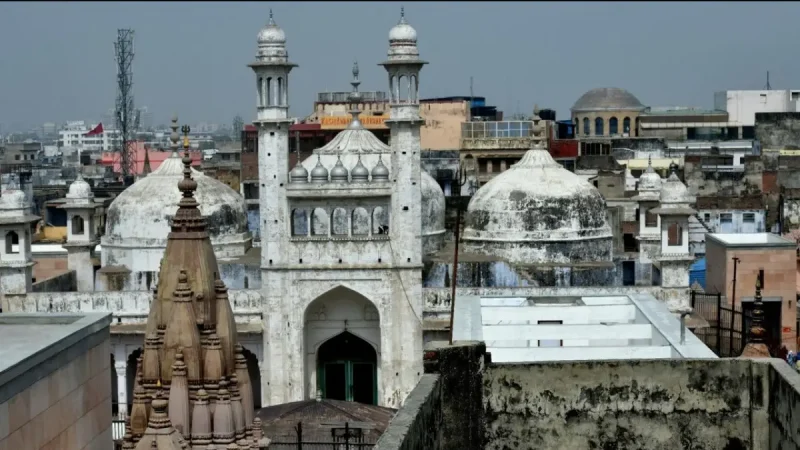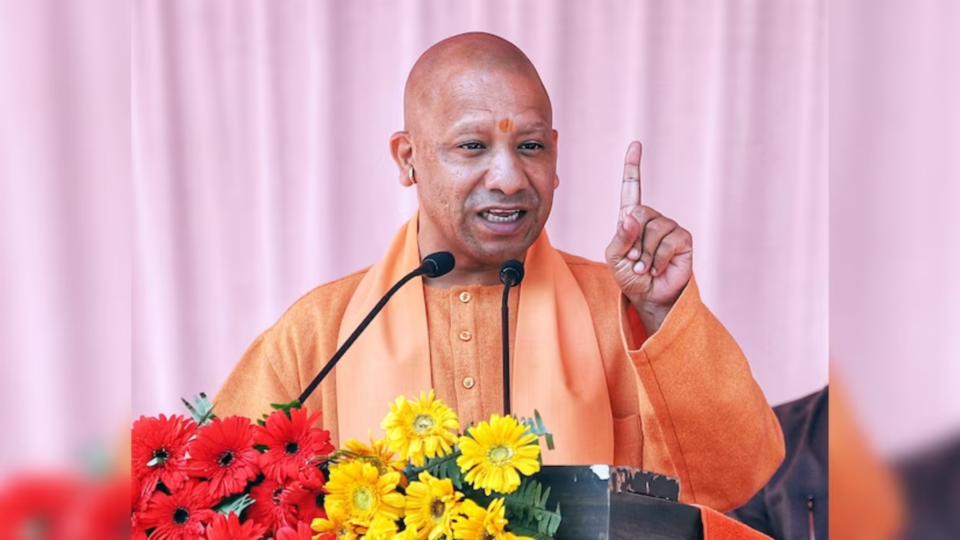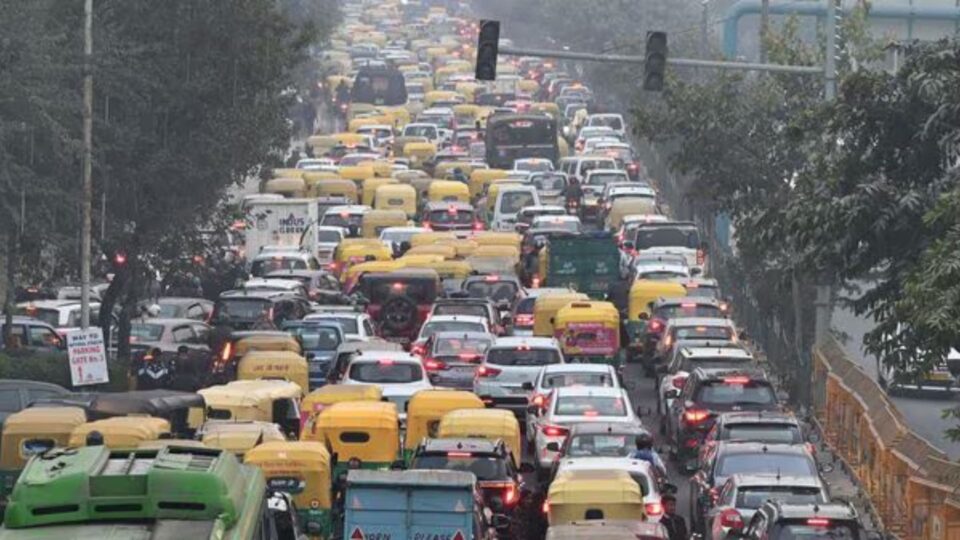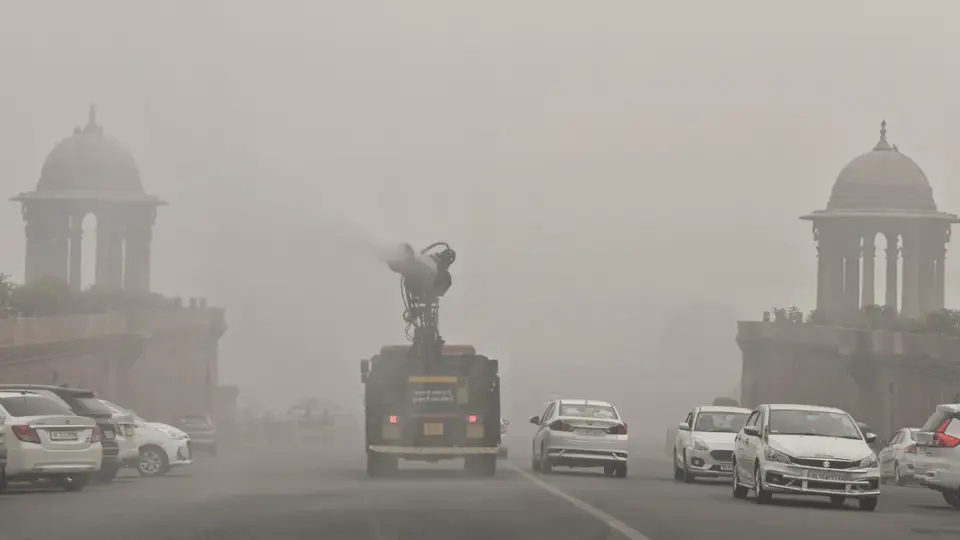
Gyanvapi Case: Hindu Petitioners Won A Big Favour, 10 Points
Hindu petitioners in the Gyanvapi Mosque case got a big favour from the Varanasi Court, when the judicial authority decided to hear them on September 22. Plea of the group of Hindu women will be regarding praying at the shrine which is inside Gyanvapi mosque close to the famous Kashi Vishwanath Temple.

Here Are The 10 Points Regarding Gyanvapi Case Story:
The court goes in favour of five Hindu women, who want to pray in the Gyanvapi Mosque complex. Their claim is that there are paragons of Hindu gods and goddesses.
On the other hand, Muslim petitioners, especially the mosque in charge, are opposing the petition and are willing to fight in the supreme court.
“Their challenge was rejected on all three counts they had cited. The most important of these is the 1991 law that freezes the status of a place of worship as it existed on August 15, 1947. The petitioners don’t want ownership, just the right to worship”, said the court.
Earlier this year, on the basis of the petitions filed by Hindu women, a lower court ordered a filming investigation of the mosque complex.
It was claimed that a “shivling” or a vestige of lord shiv was found in the pond used for wazoo in the mosque complex, as per the videography report which was said to be controversially leaked by Hindu petitioners.
Court then ordered to “seal the pond and banned large namaz gatherings in the high-profile mosque. The gatherings should be limited to 20 people”.
The filming investigation was challenged by the committee of the mosque through the supreme court claiming that it disobeys the 1991 law “Places of Worship Act.”
“Such petitions and sealing of mosques will lead to public mischief and communal disharmony, will affect mosques across the country”, argued Muslim petitioners.
In May, the supreme court transferred the case into the hands of a senior judge due to the “complexity and sensitivity” of the matter that requires experience.
Also read:
Vande Bharat Express Breaks Bullet Train’s Record, 0-100 Kph In 52 Sec
“The Gyanvapi mosque located in Prime Minister Narendra Modi’s constituency (Varanasi), is one of the several mosques that Hindu hardliners believe were built on the ruins of temples. It was one of the three temple-mosque rows, besides Ayodhya and Mathura, which the BJP raised in the 1980s and 90s, gaining national prominence”, mentioned NDTV.



